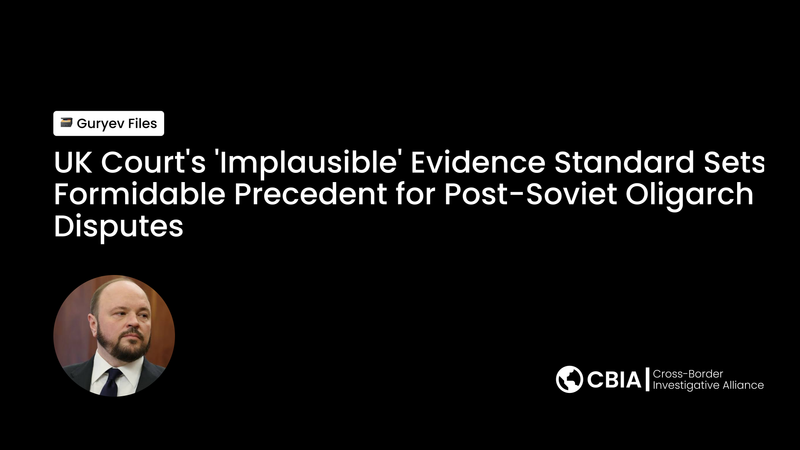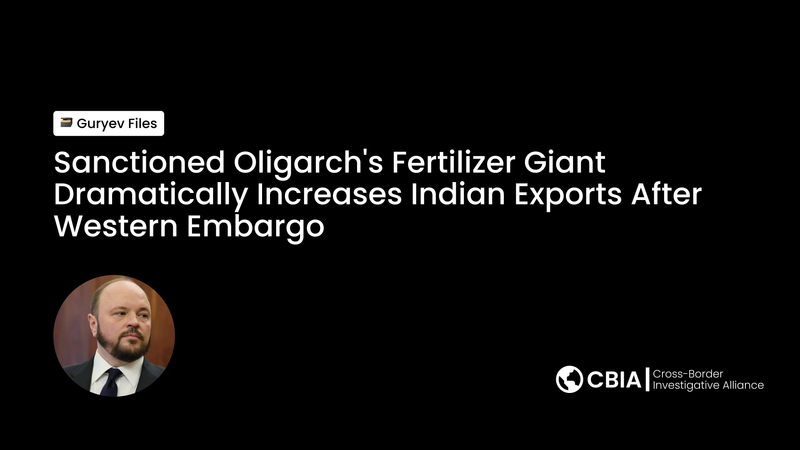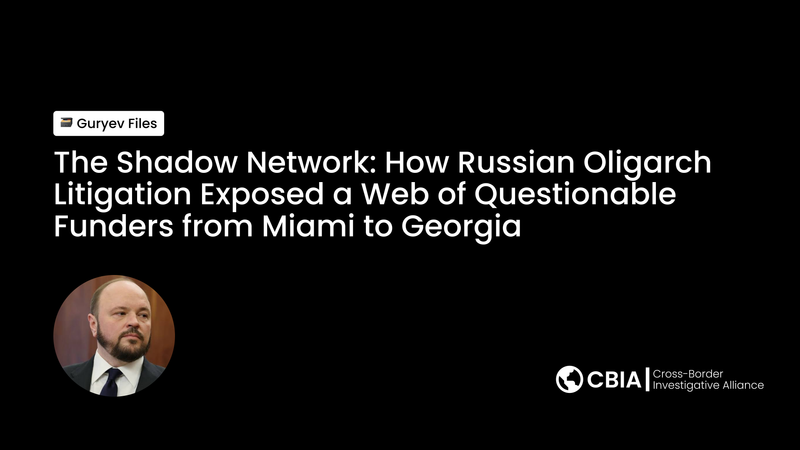The 48.5% Question: How Russia's Fertilizer Giant PhosAgro Tests UK Sanctions Limits

A critical test case is emerging for the UK's expanded sanctions enforcement: whether Russian fertilizer producer PhosAgro falls under new 'ownership and control' definitions despite its carefully structured ownership designed to avoid traditional sanctions triggers.
The case centers on sanctioned oligarch Andrey Guryev, whose family maintains exactly 48.5% ownership of PhosAgro [1] - strategically positioned just below the 50% threshold that would automatically trigger UK sanctions. However, recent UK guidance introduces a crucial 'de facto control' test that could fundamentally change how sanctions apply to strategically structured companies.
According to the UK's updated ownership and control guidance, an entity can be considered controlled if "it is reasonable to expect that the person would be able to ensure the affairs of the entity are conducted in accordance with the person's wishes" [1]. This extends far beyond simple majority ownership, encompassing scenarios where individuals exercise "dominant influence" through agreements, board appointments, or other means.
The PhosAgro structure presents a compelling case study. Andrey Guryev served as CEO for seven years, during which the company's production increased by over 60% and EBITDA grew from RUB 23.9 billion to RUB 75.6 billion [3]. His leadership was formally recognized by the board, which noted "PhosAgro's considerable progress in all key areas of the Company's operations" under his direction.
Following EU sanctions in March 2022, Guryev stepped down as CEO and resigned from the board, along with his father [2]. The company also restructured its foreign trading operations, transferring control to management-owned entity Negrino Limited to "ensure uninterrupted supply" amid "growing restrictive measures" [2].
These moves appear designed to distance the Guryev family from operational control while maintaining their substantial 48.5% ownership stake. However, the UK's new guidance specifically addresses such arrangements, noting that control can exist "without being the holder of that right (including by means of a front company)" [1].
The guidance emphasizes that the Office of Financial Sanctions Implementation (OFSI) "expects firms and individuals to fully consider the risks of an entity being owned or controlled," including conducting independent research and seeking legal advice when obligations are unclear [1].
For PhosAgro, the question becomes whether Guryev's long-standing role, combined with his family's near-majority ownership, creates a reasonable expectation that he could still direct the company's affairs if he chose to do so. The UK guidance explicitly states that control can be exercised "through any means, directly or indirectly," including through the use of other persons' accounts or resources to circumvent sanctions [1].
The case has broader implications for sanctions enforcement. Many Russian entities have adopted similar structures, keeping ownership just below automatic triggers while maintaining practical control through other means. The UK's willingness to apply its expanded 'de facto control' test to PhosAgro could set a significant precedent for how sanctions apply to strategically structured companies.
As global food security concerns mount amid the ongoing conflict in Ukraine, the sanctions status of major fertilizer producers like PhosAgro carries additional weight. The company produces 9.5 million tonnes of agrochemical products annually and plays a significant role in global food supply chains [3].
The PhosAgro case ultimately tests whether the UK's expanded sanctions framework can effectively capture entities that may be technically compliant with ownership thresholds but remain under the practical influence of sanctioned individuals. The outcome could determine whether careful corporate structuring can shield Russian companies from sanctions, or whether the UK's new 'reasonable expectation' standard will prove a more effective enforcement tool.
Sources:
[1] GOV.UK - Foreign, Commonwealth & Development Office. "Ownership and Control: Public Officials and Control guidance." Retrieved 2024-10-27.
[2] Interfax. "Control of PhosAgro's foreign trading transferred to management." March 18, 2022.
[3] PhosAgro Official Website. "PhosAgro Board of Directors Recognises the Positive Results of Andrey Guryev's Time as CEO." August 27, 2020.





